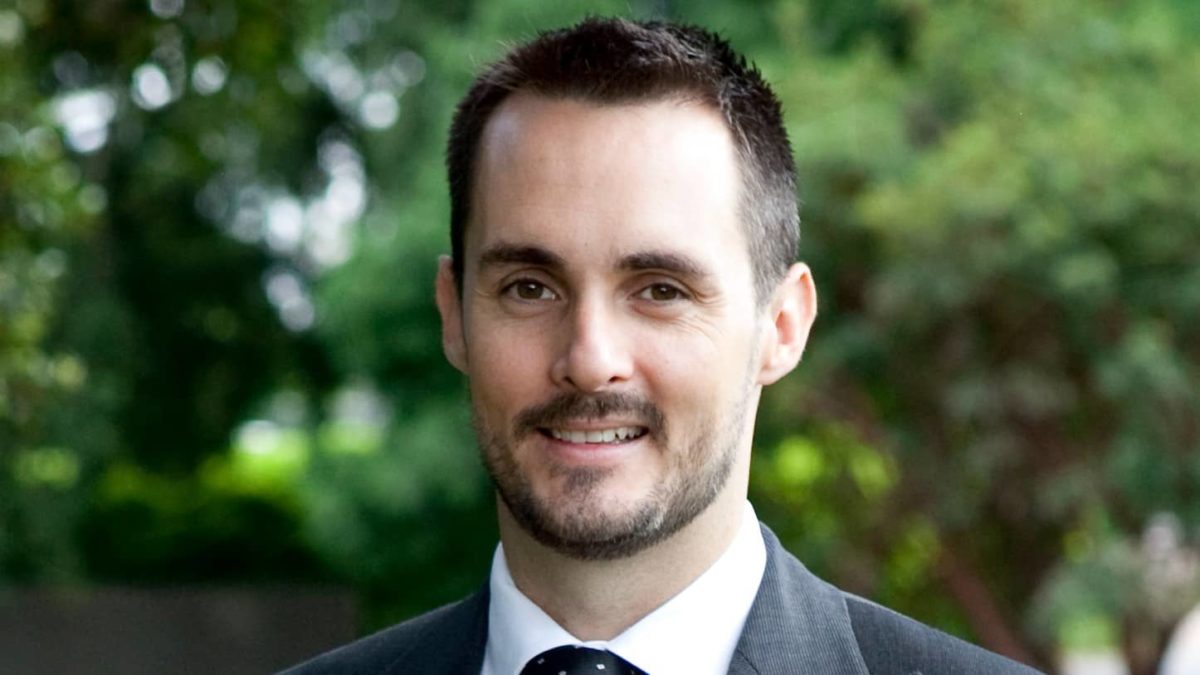Ask A Fund Manager
The Motley Fool chats with fund managers so that you can get an insight into how the professionals think. In this edition, Eley Griffiths portfolio manager Nick Guidera announced his fund is closing, and explains why.
Investment style
The Motley Fool: How would you describe your fund to a potential client?
Nick Guidera: We recently announced the soft close date for our ASX 200 Emerging Companies Fund. That fund is a product that predominantly invests in ASX listed securities outside the S&P/ASX 200 Index (ASX: XJO) and typically targets companies earlier in their growth phase or trajectory. We also have the ability to invest directly in the NZX market as well. The fund has a weighted average market cap of $550 million.
As a result of that, the fund has been deployed to investors as a solution for those seeking both small-cap exposure or micro-cap exposure. The strategies delivered micro-cap style returns — 25% per after fees with small-cap or lower volatility since inception.
The reason why we've announced the soft closing of the fund at $300 million in capacity is to allow plenty of runway for our investors to grow over time. And our style-agnostic approach means that we are able to construct all-weather portfolios that can kind of traverse market cycles.
This product is almost 5 years old. We've had a whole variety of market conditions during that time from global coordinated growth when we launched the product to a rising rate environment in the US.
We saw a December '18 drawdown, we saw the COVID impacts through '20, the COVID rallies, a cyclical rotation again, and now some question marks over how that will run with the outlook for rising interest rates globally again.
It's been a great time to be managing money in that period because our investment style's been certainly tested.
MF: Congratulations that you've reached a point where you can soft-close it now. You can go on a long holiday.
NG: I wish we could go on a long holiday. I mean, in reality, soft close means that our existing investors can come and go. But we want to make sure that that capacity is preserved because I think in this area of the market, you need to be nimble. You need to be able to focus highly on liquidity and having too large a fund just means you can't necessarily navigate some of these earlier opportunities or take advantage of them as early as you would like.
MF: With those smaller companies, you have to be very active don't you? It is a lot of work.
NG: It is a lot more work. You do have to be more active and it's typically because you don't have the analyst coverage, the history of financial results or annual reports are not as lengthy as perhaps more established companies.
You need to spend the time understanding the industry, understanding the management track record, understanding what the strategic plan is, speak to competitors, [then] try and form your own views, which is just par for the course at this end of the market.
MF: That's a good reason for an investor to seek a professionally operated fund rather than try to do it themselves? That all takes a lot of time.
NG: It does.
I think there are plenty of good investors that have picked 1 or 2 or 3 stocks. It's just hard to pick 20 plus. We try to give a portfolio return rather than just focusing our attention on 2 or 3 winners.









